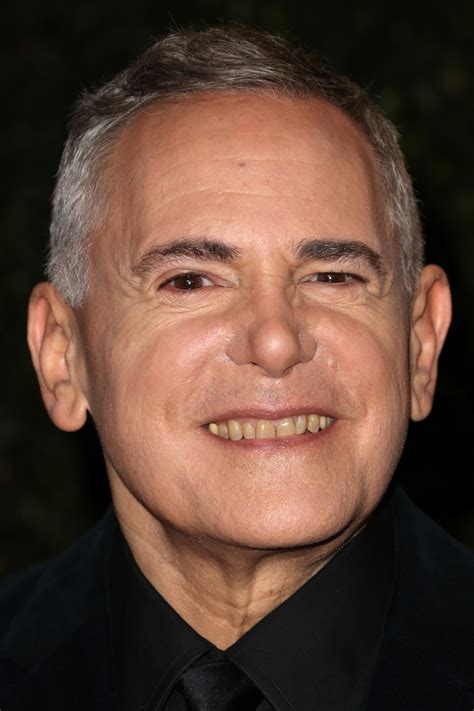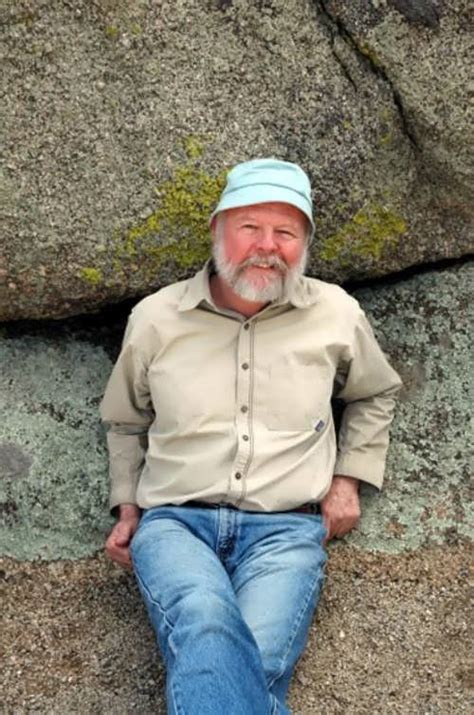A Quote by Bryant Terry
The thing that I think about most often is the loss of biodiversity. We talk about these food issues so often with concern to historically excluded communities, but I'm concerned with everyone having access to healthy foods. Consumers across the board are being robbed of biodiversity.
Related Quotes
Oran Hesterman is a brilliant philanthropist. He had so many progressive ideas about shifting the way that money is given out. He wanted to focus on the creation of healthy, community-based food systems in historically excluded communities and now an advocate, an ally, and obviously lots of capital won't be able to go into these communities now.
In restaurants across America we see Latino workers in the kitchen who are being paid substandard wages. The saddest thing to me is that if we think about these workers, these are the people with the least access to good food. Yet they're often suffering from the highest rates of obesity and diet-related illnesses.
All communities, and low-income communities especially because of food insecurity and lack of access to healthy foods, need more farmers markets, need more community gardens and urban farms. It would be great if people living in communities had the tools and resources to grow food in their own backyard - community-based food systems.
The students of biodiversity, the ones we most need in science today, have an enormous task ahead of molecular biology and the medical scientists. Studying model species is a great idea, but we need to combine that with biodiversity studies and have those properly supported because of the contribution they can make to conservation biology, to agrobiology, to the attainment of a sustainable world.
Historically it has been a touchy subject, especially in the south where I am from, people don't really talk about it. If they do talk about it, it is often talked about negatively. Nowadays in light of the Black Lives Matter movement I think people should pay attention to these lives also. I think the Black community will really embrace the film [Moonlight]. It is about us. It is real.



































